How will diet help you to get rid of depression? The diet helps to have some positive effects on depression symptoms. So, it is time to put more light on it. This article brings you a complete food guide for depression that help you beat this silent killer. Eat healthily and stay healthy for a healthy life.
A Complete Food Guide For Depression
1. Omega 3 Fatty Acids
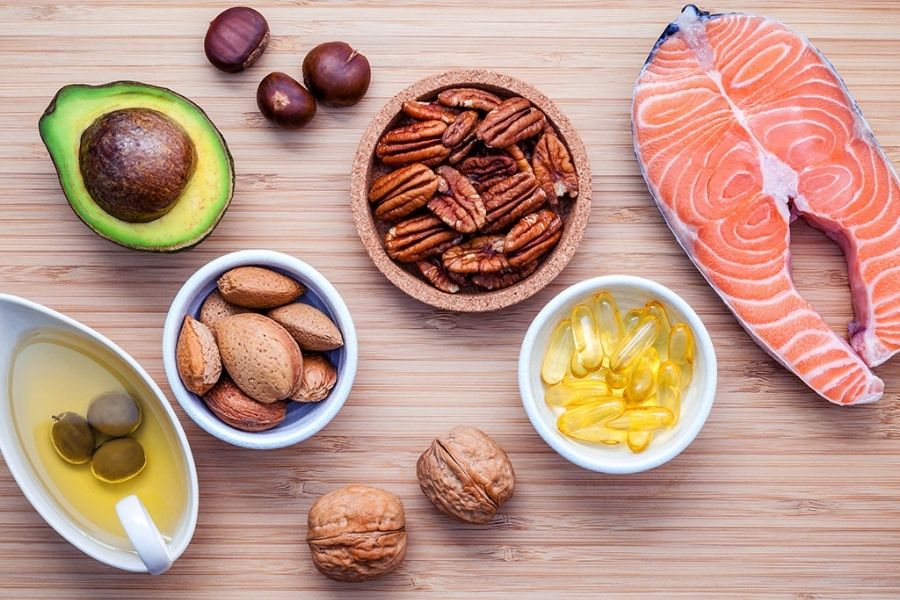
These essential fats are essential for neurological development and brain health. Adding omega 3 supplements to your diet may help reduce depression symptoms. You can include the following foods:
- dark green leafy vegetables
- flax seeds
- chia seeds
- walnuts
- canola
- soybean
- fishes (herring, salmon, caviar, mackerel, cod liver oil, oysters, sardines, anchovies)
The foods mentioned above-containing omega 3 fatty EPA and DHA are found in some animal foods, seafood, and algae. Some seeds mentioned foods provide omega 3 fat ALA, which is inferior to the other two. The other foods include pastured eggs, omega 3 enriched eggs, meats, and dairy products from grass-fed animals, hemp seeds, and vegetables like spinach, Brussels sprouts.
2. Vitamins
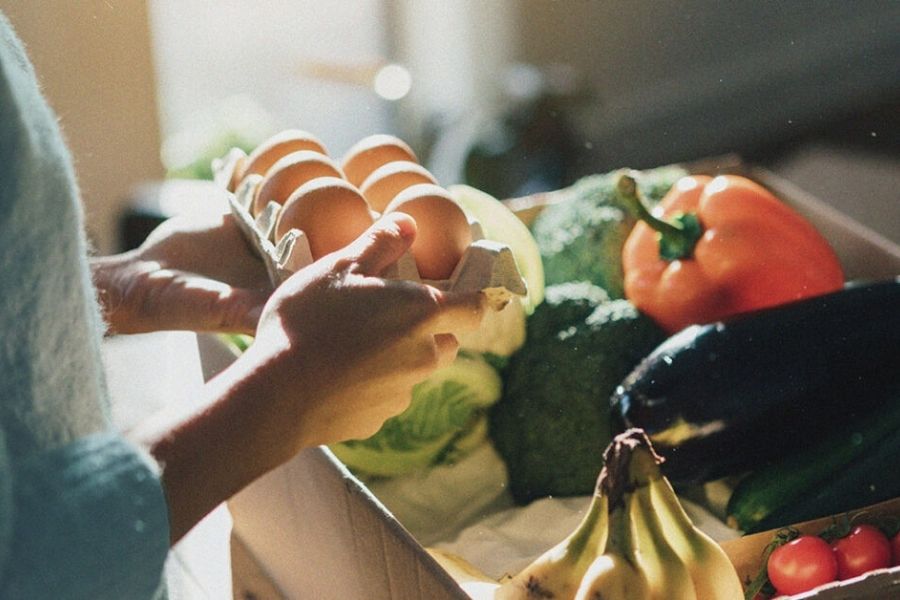
Vitamins are essential to many bodily functions. Research suggests vitamins are beneficial for easing symptoms of depression. Two critical vitamins are:
Vitamin B
Vitamin B12 and B6 are essential to brain health. When you have low vitamin B levels, the chances of developing depression become higher—consuming healthy foods like spinach, eggs, oysters, fresh chicken, cheese, etc.
Vitamin D
We get vitamin D from sunshine. Therefore, the best way to get it is by exposing to the sun. It supplies vitamin D to your body. Vitamin D is essential for heart, brain, and bone health. Depressed people are more likely to have low levels of vitamin D. Therefore, include foods like salmon, cod liver oil, egg yolks, mushrooms, soya milk, orange juice, etc.
3. Antioxidant-rich Foods

Antioxidants save our body from harmful attacks by free radicals. These free radicals are responsible for stress, anxiety, and depression. They prevent cell damage due to free radicals, giving the most damage to brain health. Although there is no sure-shot way to stop free radicals formation completely, antioxidant-rich foods can lessen their destructive effect.
- Beta Carotene: Apricots, broccoli, musk melon, carrots, collards, peaches, pumpkin, spinach, sweet potatoes.
- Vitamin C: Blueberries, kiwi, oranges, peppers, broccoli, grapefruit, potatoes, strawberries, tomatoes.
- Vitamin E: Margarine, nuts, seeds, vegetable oils, wheat germ.
4. Healthy Carbohydrates
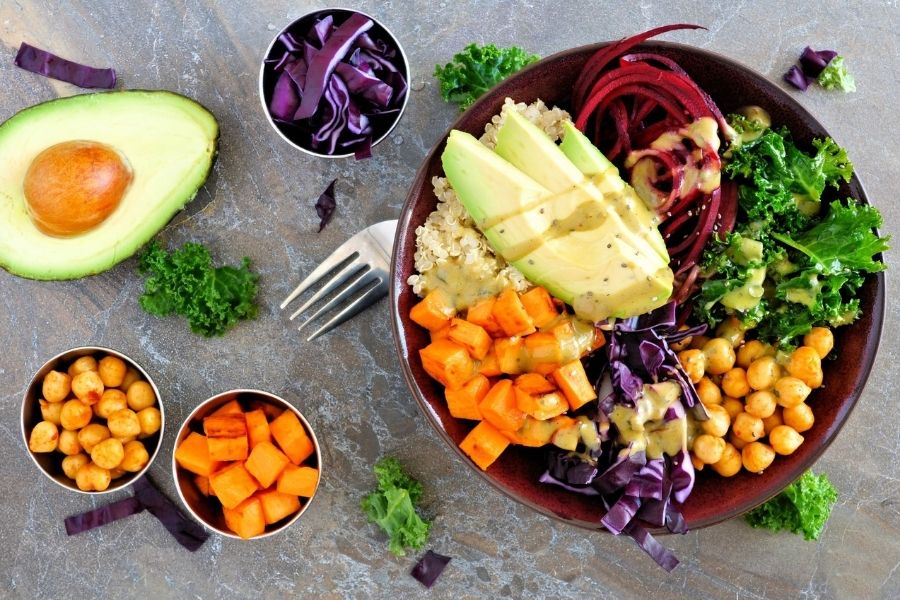
Smart carbs promote calming effects to the body. Carbohydrates have an effective link to the mood-boosting brain chemical serotonin. Experts aren’t sure, but carbs cravings sometimes may be related to lower serotonin activity. Consume carbs wisely. Limit eating sugary foods and opt for smart or complex carbs (whole grains). Simple carbs (cakes and cookies), fruits, vegetables, and legumes also have healthy carbs and fibers.
5. Protein-rich Foods
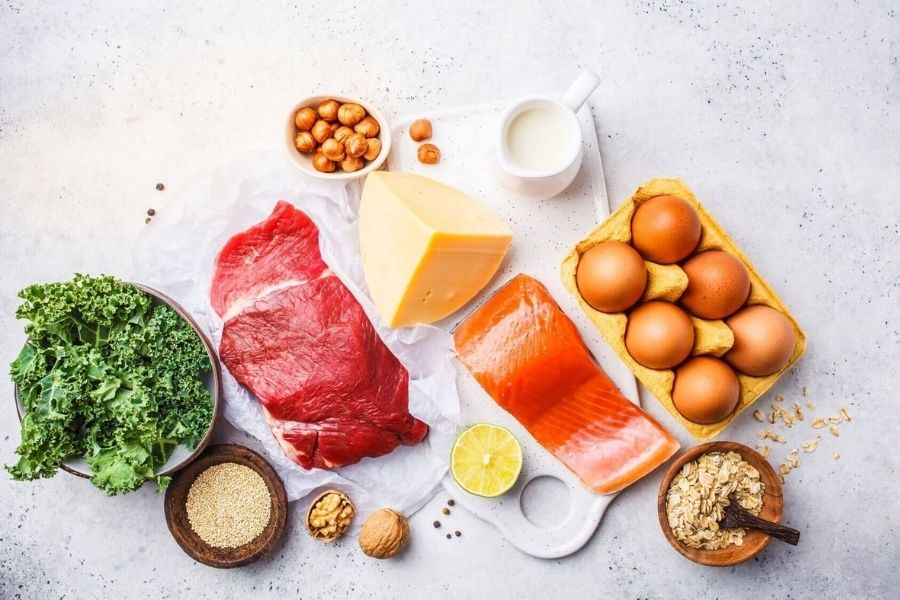
Protein-rich foods are a vital part of a healthy diet as they boost alertness. Tryptophan, an amino acid found in proteins, help boost your mood. They also boost serotonin levels, which is another happy hormone. Good healthy proteins include beans and peas, lean beef, low-fat cheese, fish, milk, poultry, soy products, and yogurt.
6. The Mediterranean Diet
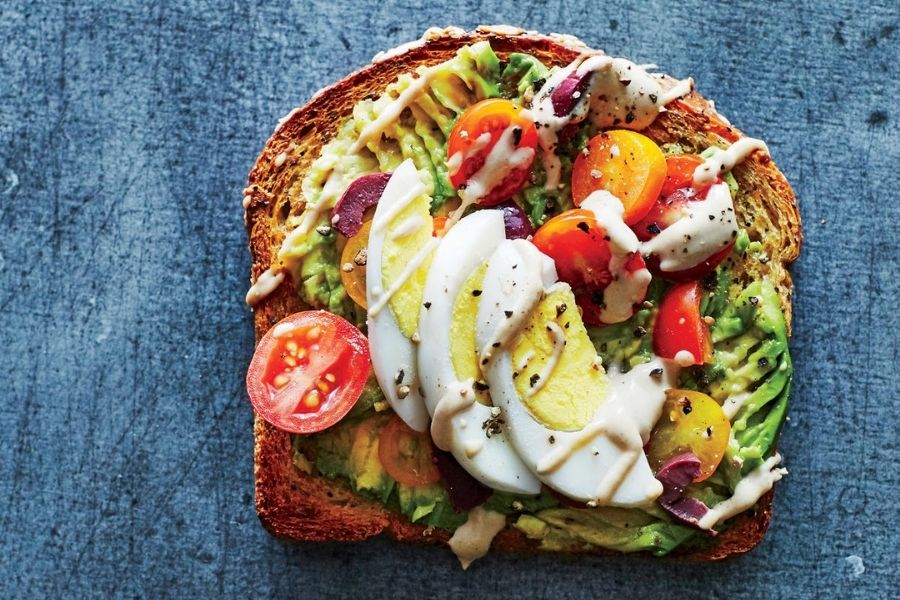
The Mediterranean diet works effectively for depression and is a popular healthy diet people consider for good health. The Mediterranean diet consists of healthy foods required by the body. This diet includes vegetables, nuts, fruits, legumes, beans, cereals, grains, etc. Exercising while following a Mediterranean diet also proves useful for depression.
7. Selenium-rich Foods
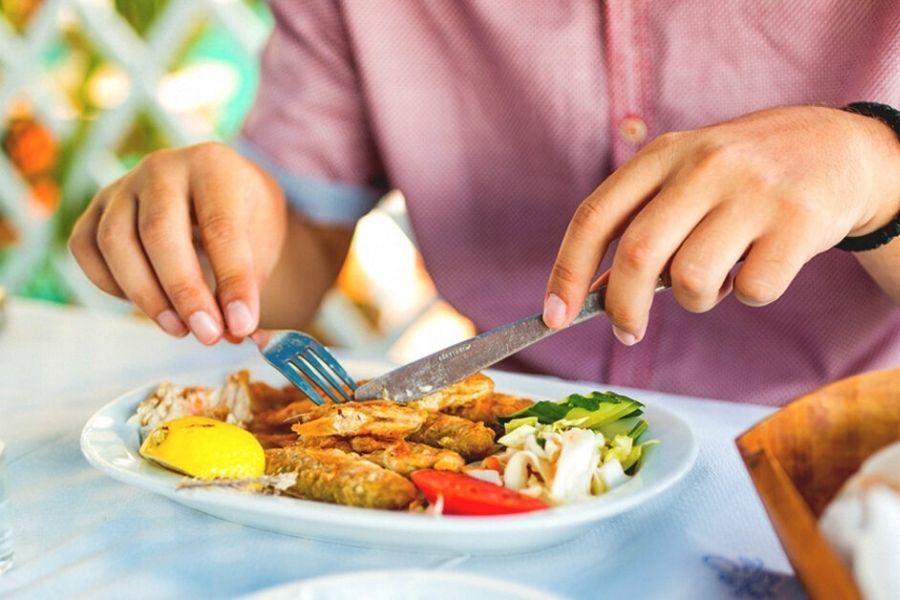
Studies have shown an evident link between low selenium content and poor moods, causing depression. The recommended amount for selenium is 55 mg a day for adults. Include these selenium-rich foods in your diet.
- Beans and legumes
- Low-fat dairy products
- Whole grains (whole grains, pasta, brown rice, oatmeal, etc.)
- Nuts and seeds, especially Brazil nuts (eat a maximum of one or a day because of their high selenium content)
- Lean meat
- Seafood (oysters, clams, sardines, crabs, saltwater fishes, and freshwater fishes)
8. Probiotic Foods

Probiotics help treat depression symptoms effectively. An unhealthy gut is another cause of depression. You can treat unhealthy gut by consuming probiotics continually. Lactobacillus and Bifidobacterium in probiotics fight the depression symptoms, boosting mood and cognitive functions. Probiotic foods include kombucha, pickles, yogurt, etc.
9. Zinc-rich Foods
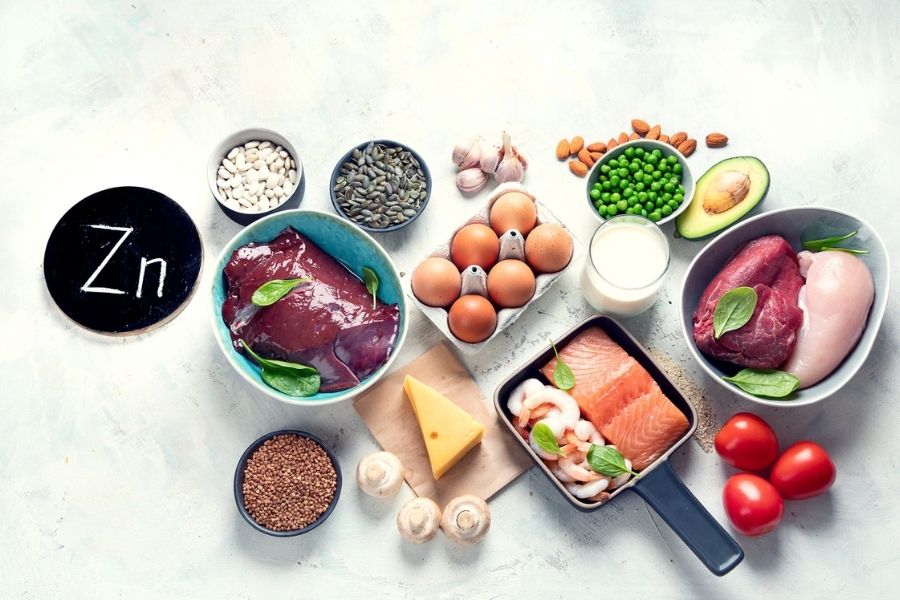
An extensive study on zinc for depression shows it has strong anti-depressant effects. Zinc-rich foods include nuts, pumpkin seeds, chicken, whole grains, beans, etc. These zinc-rich foods help boost the immune system and alleviate low moods due to depression.
Read Also: 10 Foods That Make Depression Worse







